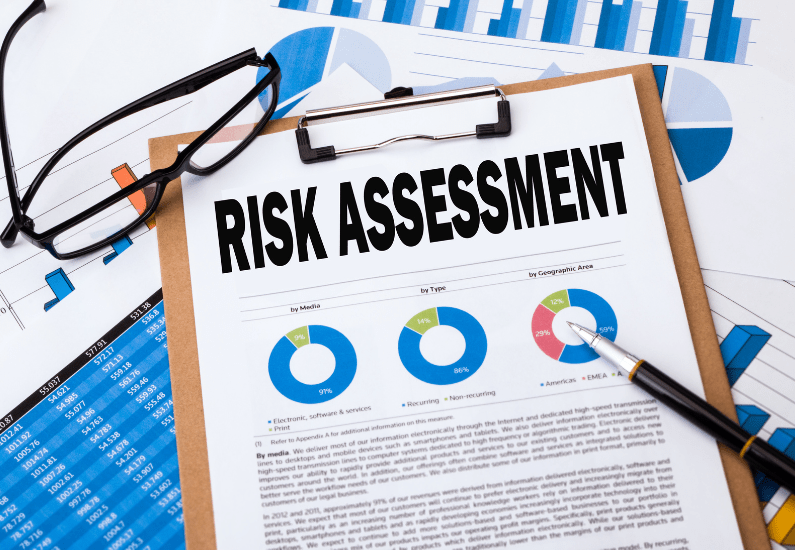
Introduction to ISO 27005
ISO 27005 is an international standard providing guidelines for information security risk management. It is part of the ISO/IEC 27000 family of standards, which focuses on information security management systems (ISMS). The standard helps organizations systematically identify, evaluate, and mitigate information security risks. This guide aims to explain the key concepts of ISO 27005 and its importance in maintaining robust information security practices.
Understanding Information Security Risk Management
What is Information Security Risk Management?
Information security risk management involves identifying, assessing, and mitigating risks that could compromise the confidentiality, integrity, and availability of information. This process ensures that potential threats to information assets are managed effectively, reducing the likelihood and impact of security incidents.
Importance of Information Security Risk Management
Managing information security risks is crucial for protecting sensitive data and maintaining trust. Organizations face a growing number of cyber threats that can result in data breaches, financial losses, and reputational damage. Effective risk management practices help safeguard information, support compliance with regulations, and enhance overall security posture.
ISO 27005 Framework
Overview of ISO 27005
ISO 27005 provides a structured approach to managing information security risks. It outlines a process for identifying, assessing, and treating risks, helping organizations to develop effective risk management strategies. The standard is designed to be flexible, allowing organizations to adapt its guidelines to their specific needs and contexts.
Key Components of ISO 27005
The ISO 27005 framework includes several key components:
- Risk assessment: Identifying and analyzing risks to information assets.
- Risk treatment: Developing and implementing measures to mitigate identified risks.
- Risk communication: Ensuring stakeholders are aware of risks and mitigation efforts.
- Risk monitoring and review: Continuously monitoring risks and the effectiveness of treatment measures.
Benefits of ISO 27005
Enhancing Information Security
Implementing ISO 27005 helps organizations enhance their information security by providing a systematic approach to risk management. This reduces the likelihood of security incidents and ensures that appropriate measures are in place to protect sensitive information.
Supporting Compliance
ISO 27005 supports compliance with various regulatory requirements and industry standards. By following the guidelines of ISO 27005, organizations can demonstrate their commitment to information security and meet the expectations of regulators, customers, and other stakeholders.
Why Choose Our Canum Digital
- Expert Instructors: Learn from industry leaders with extensive experience in information security and risk management.
- Comprehensive Curriculum: Our courses cover all aspects of ISO 27005, from risk assessment to risk treatment.
- Practical Insights: Gain hands-on experience with real-world scenarios and case studies.
- Flexible Learning: Enjoy the convenience of online training that fits your schedule.
- Certification: Earn a prestigious certification that validates your expertise and enhances your professional credibility.
In today’s digital landscape, managing information security risks is more critical than ever. Canum Digital offers comprehensive training and certification in Information Security Risk Management, focusing on ISO 27005 standards.
Learn about risk assessment, treatment, and the benefits of implementing ISO 27005 in your organization.



